DataBloc, the first enterprise sharing economy for data storage and services. The DataBloc Platform is a web-based platform that provides a seamless and secure connection between service providers and enterprises. DataBloc, also known as StoneFusion, will be a solution for a 9th generation block chain developed by StoneFly, a well-established Silicon Valley-based data services company. The software supports various types of data maintenance and storage, and also provides enterprise-level optimization, availability, accessibility, security, and data protection.
Service providers download their StoneFusion and list the services available on the DataBloc web platform. Enterprises and government customers understand their storage needs and the data services they need. Customers then select hosting providers from the list and purchase services directly from the web platform. DataBloc is the first solution that allows high-quality corporate service providers to download software that allows them to sell redundant services and data storage over the Internet without a secure blockchain structure.
How To Work ?
DataBloc Solution
The Web Platform
The DataBloc network will be accessible through a web platform where qualified service providers list their data services. The service providers will range from data centers to enterprises with in-house data service facilities. The service providers will join the network to improve their product offering, grow their customer base, and decrease their customer acquisition costs. Enterprises will join the network to improve security and earn incremental passive revenue on their dormant data storage capacity.
The DataBloc Software
The DataBloc software, also known as StoneFusion, will be a 9th generation blockchain solution developed by StoneFly, a well-established data services company based in Silicon Valley. StoneFly has invested approximately 40 million USD into this product and has more than 16 full-time software engineers working on development. The software supports various data services and storage types, and offers enterprise-quality data optimization, availability, accessibility, encryption, and security. DataBloc is transitioning StoneFusion to a permissioned blockchain based on Ethereum, which enables the use of a token that facilitates an efficient sharing economy. In contrast to the fully decentralized setting, users will know and trust the nodes they choose to purchase data services from.
Stone
STONE tokens have a comprehensible, attainable, and real use case which is integrated into an efficient protocol. While payments in fiat currency are accepted, payments in STONE will carry a discount, incentivizing frequent buyers and sellers to use STONE for all transactions. Additionally, STONE tokens will facilitate real-time royalties through smart contracts, creating complete transparency between DataBloc, RBC owners, and service providers. Service providers will earn 80% of the revenue generated when data services are purchased through their listing. The remaining 20% of each purchase is evenly rewarded to RBC owners and DataBloc. Owners of STONE will likely be entitled to additional services and incentives on the DataBloc platform.
Royalty Bloc
Royalty Bloc (ticker: RBC) will earn a 10% royalty on the revenue generated by the DataBloc platform in perpetuity. Through smart contracts, RBC owners will earn STONE in real-time by receiving 10% of every payment. They will have the choice to either sell their STONE, use their STONE to buy data services on the web platform, or hold their STONE in a wallet. RBC should increase in value alongside the total revenue generated by the DataBloc platform. The RBC valuation should be determined by the projected future value of cash flows generated from the 10% share of platform revenue. By offering robust data solutions and a wide variety of data services to enterprises as well as the broader public, the RBC revenue stream is exposed to a diversified set of clients, all of whom have different risk tolerances
throughout a market cycle. RBC will be sold as a security, not a utility, and will not be advertised nor sold to the public.
Databloc And The Service Provider
The DataBloc network will be accessible through a web platform where qualified service providers list their data services. The service providers will range from data centers to enterprises with in-house data service facilities. The service providers will join the network to improve their product offering, grow their customer base, and decrease their customer acquisition costs. Enterprises will join the network to improve security and earn incremental passive revenue on their dormant data storage capacity. Enterpriseand retail customers purchase these data services on a subscription based model.
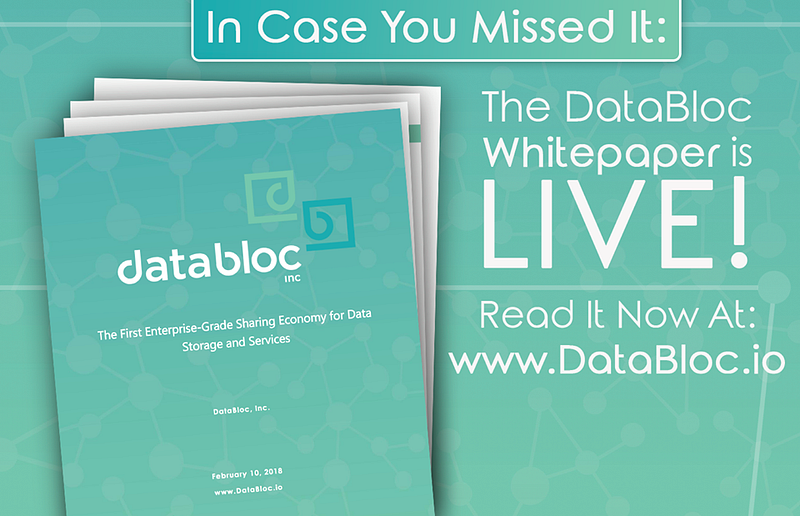
Databloc Web Platform
The web platform will allow customers to filter service providers by criteria including, but not limited to, cost, capacity, services, redundancy, and location. The web platform will then generate a list of qualified service providers. The customer will review the list, choose a service provider, and checkout. For service providers that want to use the DataBloc software but only host data from certain customers, they will have the option to implement private mode. In private mode, the only customers that can view and select the service provider include the customers that the service provider invites. For example, if a large police department builds a secure on-premise solution for data storage, it will most likely have excess storage capacity. The police department would first implement the DataBloc software to improve their data security.
Databloc Software Platform
The DataBloc software, also known as StoneFusion, will be a 9th generation blockchain solution developed by StoneFly, a well-established data services company based inSilicon Valley. StoneFly has invested approximately 40 million USD into this product and has more than 16 full-time software engineers working on development. The software supports various data services and storage types, and offers enterprise-quality data optimization, availability, accessibility, encryption, and security. DataBloc is transitioning StoneFusion to a permissioned blockchain based on Ethereum, which enables the use of a token that facilitates an efficient sharing economy. In contrast to the fully decentralized setting, users will know and trust the nodes they choose to purchase data services from. Compared to older standards, StoneFusion’s proprietary storage networking operating system architecture uses a more optimized metadata storage system. StoneFusion uses an elastic hashing algorithm stored on a blockchain to maintain metadata consistency across nodes within permission-based clusters. The deterministic hash is stored on a blockchain that is appendable by any known node in a shared cluster. Anyone with full knowledge of the up-to-date chain can find exactly which servers are storing a given file at all times using its file path and hash. This is a more efficient system, as direct client-server connections are possible without maintaining a metadata server in the loop. This reduces file upload and download to single round trip connections with low overhead. This elastic hash-based system does not work well in a fully decentralized setting, as it requires relatively high uptime and host consistency. Elastic hashing allows seamless storage node failure even at the block level as well as seamless integration of additional nodes.
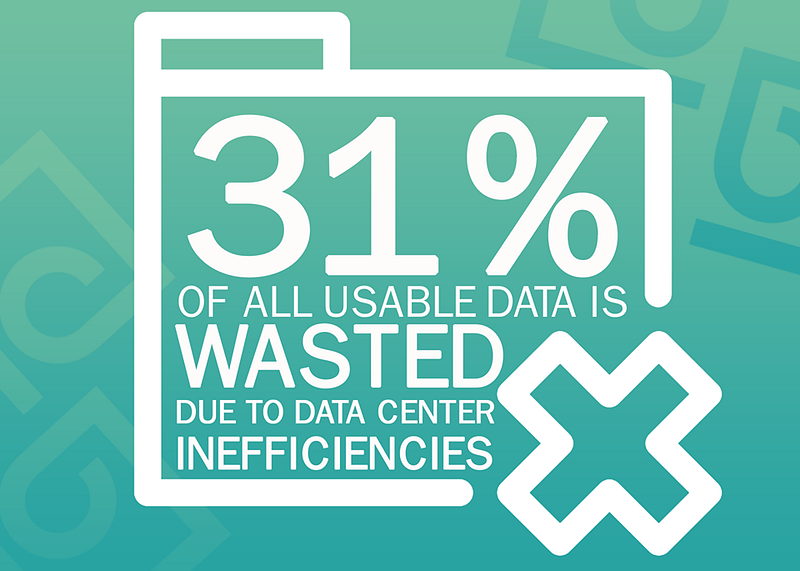
Beyond Now
As industries reliant on data continue to progress, the data services market will grow in both size and importance. Perhaps the most significant upcoming paradigm shift involves the rollout of 5G wireless broadband connection. With 5G, data transmission could exceed 20 Gbps, enabling a significant increase in available bandwidth from mobile devices. Ernst and Young, in collaboration with the Confederation of Indian Industry, suggests that the increase in broadband connectivity has a multiplier effect on the digital data industry, resulting in an industry as large as $1 trillion. In the 5G world, mobile phones could act as monitors, rather than full component, internal hard drive devices.
The Market Trend
The data storage industry itself is massive, with the enterprise storage market on track to generate more than $89 billion in revenue by 2022 with growth rates above 30% each year. Around the same time, the public cloud market is projected to reach $300 billion in annual spend. As the amount of data continues to grow, sectors related to data storage will become more valuable. For example, disaster recovery as a service is expected to grow from $2.19 billion in 2017 to $12.5 billion by 2022. Similarly, the hyper-converged infrastructure market is forecasted to reach $12.6 billion by 2022 with a compound annual growth rate (CAGR) of 43.59%. Further, the data colocation market is expected to reach $63 billion within the next five years.
TOKENOMICS
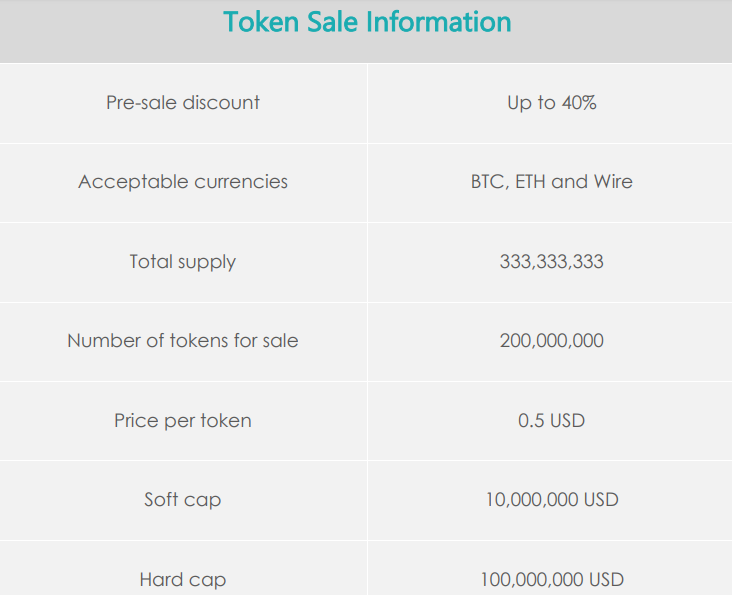
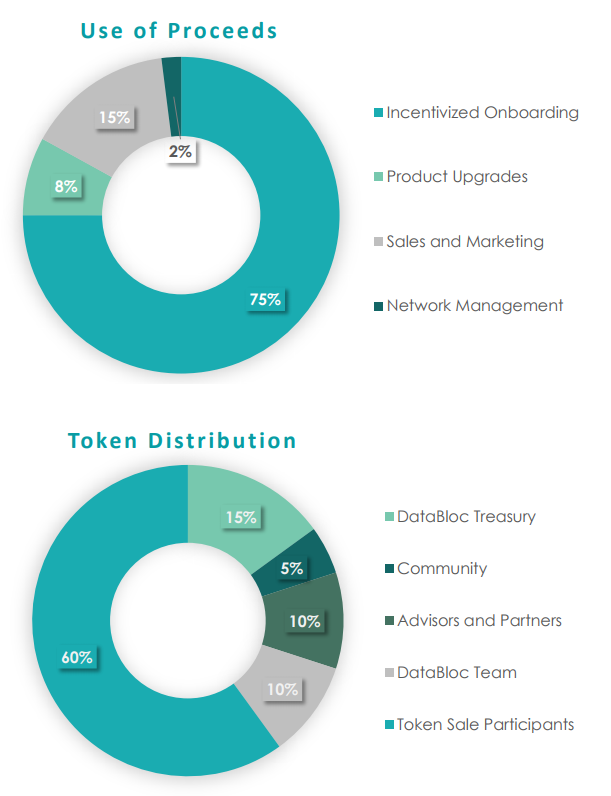
ROADMAP
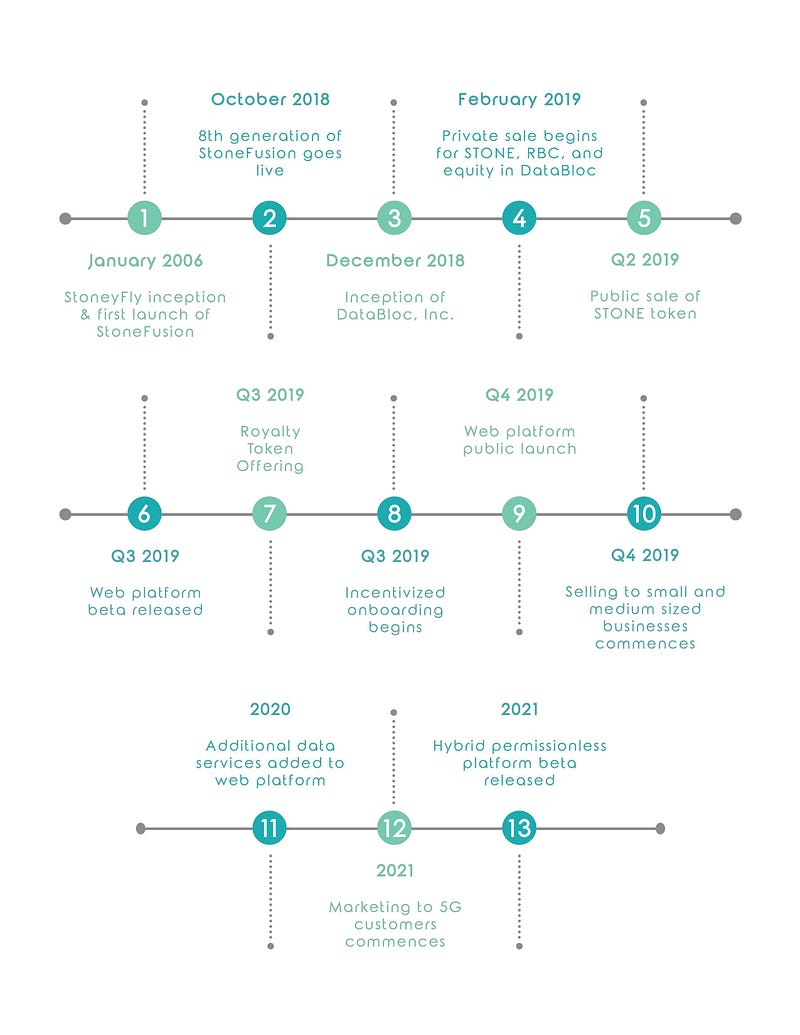
#data #stone #stonefusion #stonefly
For further Information on Databloc, kindly visit the links below:
Website: https://databloc.io/
Whitepaper: https://databloc.io/DataBloc-White-Paper.pdf
Facebook: https://www.facebook.com/DataBlocIO/
Twitter: https://twitter.com/DataBlocIO
Telegram: https://t.me/DataBloc
Author : Letty sits
Profile Link : https://bitcointalk.org/index.php?action=profile;u=1856247
Profile Link : https://bitcointalk.org/index.php?action=profile;u=1856247
Tidak ada komentar:
Posting Komentar